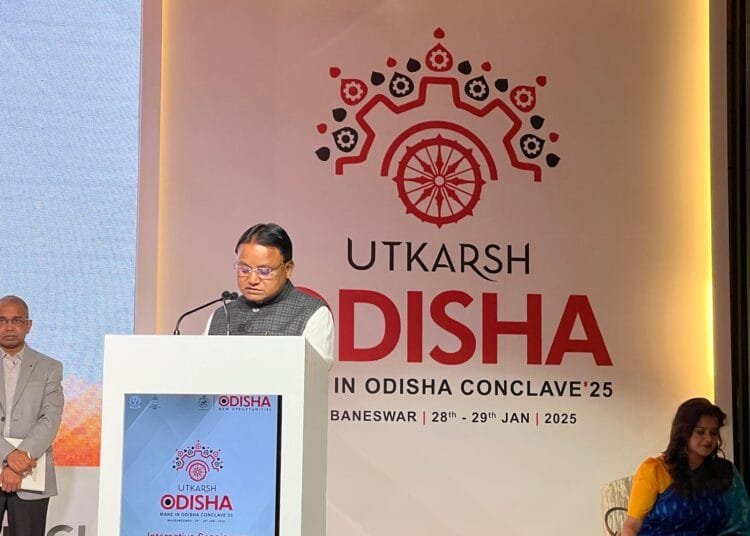Call for 5% GST on natural gas
FICCI President Sandip Somany has highlighted some of the key areas that the Government should consider in the third year of Goods and Services Tax (GST) implementation.
The most critical action would be to ensure ‘one nation one tax’ by including all sectors under the ambit of GST, he said congratulating on two-year old GST.
The first step should be immediate inclusion of GST at 5% on natural gas, he said on 30 June 2019.
Further, till the time petroleum products are brought within GST net, suitable amendment should be brought in the excise and VAT laws to allow credit of GST paid on inputs and input services and capital goods against payment of excise duty and VAT to the manufacturers and suppliers of petroleum products.
The GST Council should now consider converging the existing band of GST rates to three in line with international standards.
This will help to resolve interpretation issues regarding classification of goods and consequently reduce complexity and probability of disputes, eventually leading to simplification.
There is a need to consider ‘Zero GST Rating’ for the healthcare sector, he pointed out.
Since healthcare services are exempt under GST currently, healthcare providers cannot claim input tax credit, despite the increase in the rates of tax for inputs and input services that have increased the cost of healthcare services.
‘Zero GST Rating’ for the healthcare sector would ensure that input tax credit is available for refund for the healthcare providers, said Somany
To ease the compliance burden for services sector, there is a need to have centralized GST registration similar to erstwhile service tax law. The state wise registration has increased the cost of compliance and business process development manifold.
Given that the tenure of National Anti-Profiteering Authority was initially prescribed for a two-year period and with GST law largely been settled, it is expected that by the end of the third-year major issues emanating from introduction of the law will be ironed out.
Therefore, the prices of goods and services should be left to be decided by the market forces and the provision of anti-profiteering in the GST law should be discontinued with prospective effect, he said.
To strengthen the consultative approach adopted by the government, the FICCI President recommended that a mechanism may be developed wherein an opportunity at least twice a year may be provided to the stakeholders to present their views to the Fitment Committee and Law Committee justifying the rate rationalization and policy changes required under the GST laws.
It is generally observed that when members of the Advance Ruling Authority are officers of state tax and central tax, there tends to be a revenue-bias while interpreting the provisions of the GST law and pronouncing a ruling.
Moreover, divergent rulings by different revenue officers in different States has created ambiguity, environment of uncertainty and chaos amongst the taxpayers.
Government should thus contemplate constituting an independent high-level Central body (similar to the one under the erstwhile indirect tax regime) as “Authority of Advance Ruling” under the GST regime, he said. fiinews.com









